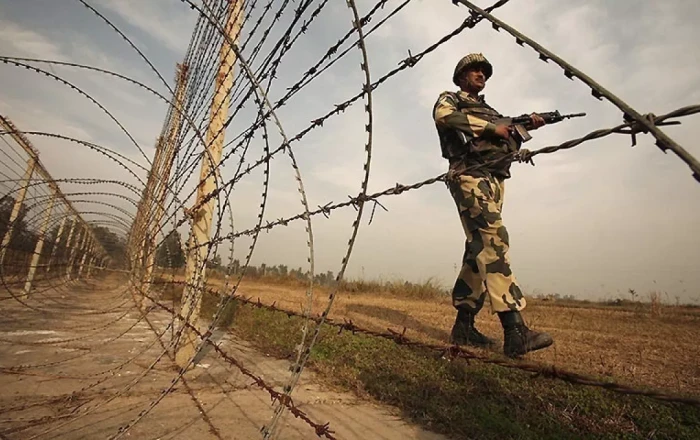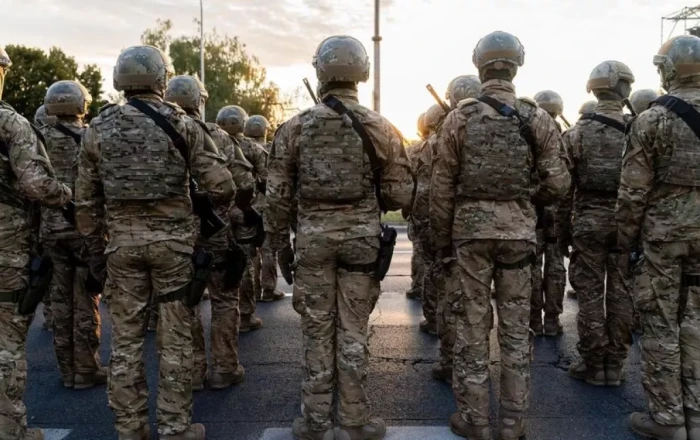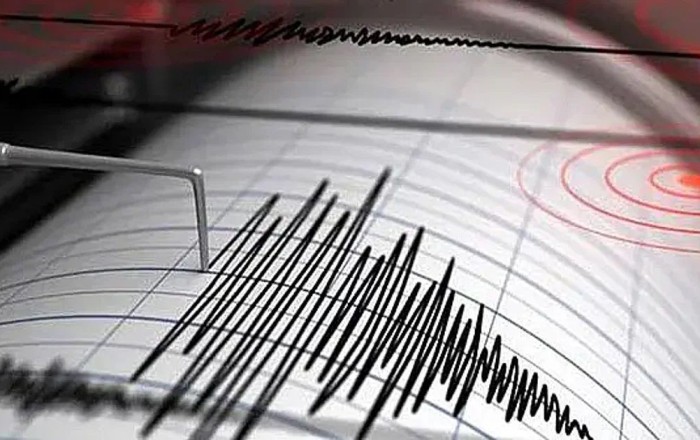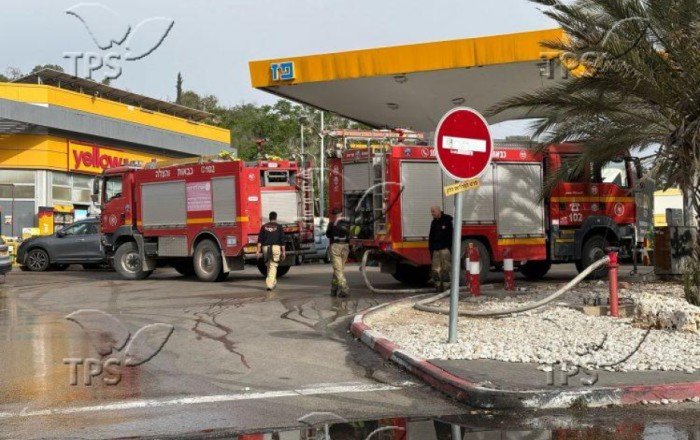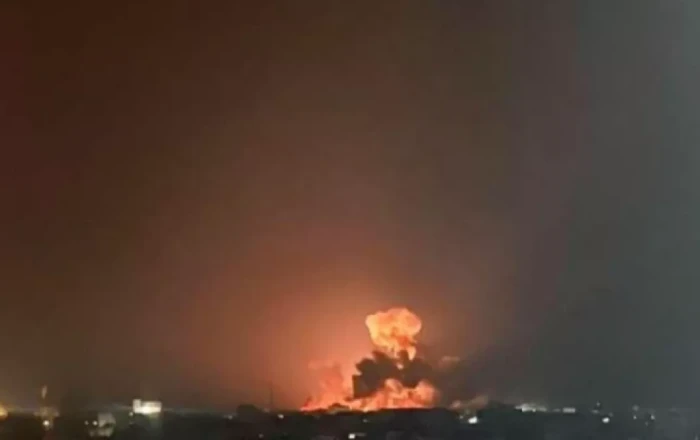Amid a growing toll of civilian casualties in Gaza, fractures are emerging within the Israel Defense Forces (IDF) as its branches clash over the ethical and strategic consequences of airstrikes.
Senior Israeli military officials are grappling with the escalating friction, particularly between the Air Force and Southern Command, over the increasing death toll of uninvolved civilians in the course of Israel’s intensive aerial campaign, Caliber.Az reports per Ynet.
A meeting is scheduled for this week between the Southern Command chief, Maj. Gen. Yaniv Asor and Air Force Commander Maj. Gen. Tomer Bar was abruptly postponed, raising alarms over the deepening divide. The delay highlights rising tensions and concerns that the situation could spiral into a full-scale crisis of trust within the IDF, according to a senior defence official.
The primary issue, officials say, centres on the term “nezah agavi”—a euphemism for collateral damage—referring to the unintended civilian casualties in airstrikes targeting Hamas and other militant groups.
Within the IDF, the Southern Command plays a pivotal role in directing military operations in Gaza, while the Air Force is responsible for executing airstrikes, including the selection of munitions and the coordination of strikes with other military branches. In recent weeks, however, senior figures within the Air Force have voiced increasing concern over the growing number of civilian deaths.
To address these concerns, Air Force Chief Maj. Gen. Bar has taken the unprecedented step of personally approving every individual airstrike carried out by his branch. The move is seen as an effort to restore confidence within the ranks, particularly among pilots who have expressed unease over the management of operations. "Maybe you don’t trust every person involved," Bar reportedly told his pilots, "but you can trust me."
Military sources say the Air Force sees this as both an ethical imperative and a matter of professional responsibility. The rising civilian death toll not only threatens Israeli hostages held in Gaza but also raises questions about the reliability of the intelligence that guides target selection. Senior Air Force officers have pointed to discrepancies between pre-strike casualty estimates and the actual civilian toll, with investigations often yielding insufficient cooperation from other branches of the IDF.
Despite efforts to address these concerns, some within the Air Force argue that ongoing mistakes, coupled with a lack of thorough investigations, suggest a systemic problem within the IDF’s operations. "It starts to look like someone has a finger on the trigger without enough professionalism," said one Air Force official. "That perhaps this isn’t just a mistake."
The situation has intensified due to a shift in strategy since Maj. Gen. Asor took charge of Southern Command. Known for his aggressive approach, Asor has overseen operations that prioritise total victory over Hamas, sometimes at the cost of greater caution in civilian protection. The Air Force, however, has raised alarms that recent operations have become more aggressive, with fewer safeguards for civilian lives and no measurable improvement in battlefield results.
Further complicating matters, political rhetoric, such as comments by Finance Minister Bezalel Smotrich, who has downplayed the urgency of rescuing Israeli hostages, has heightened unease within the Air Force. Some fear that these shifts in policy risk creating a disconnect between military operations and the war's stated objectives.
In the face of mounting concerns, a group of reserve pilots earlier this year signed a petition questioning the ethical direction of the war. In response, Bar sharply rebuked the petitioners, stating that those who signed would no longer be allowed to serve in operational positions. This incident exposed a deeper sense of unease within the Air Force, which continues to prepare for potential large-scale operations, including a potential strike on Iran’s nuclear program.
By Aghakazim Guliyev
Source: caliber.az



